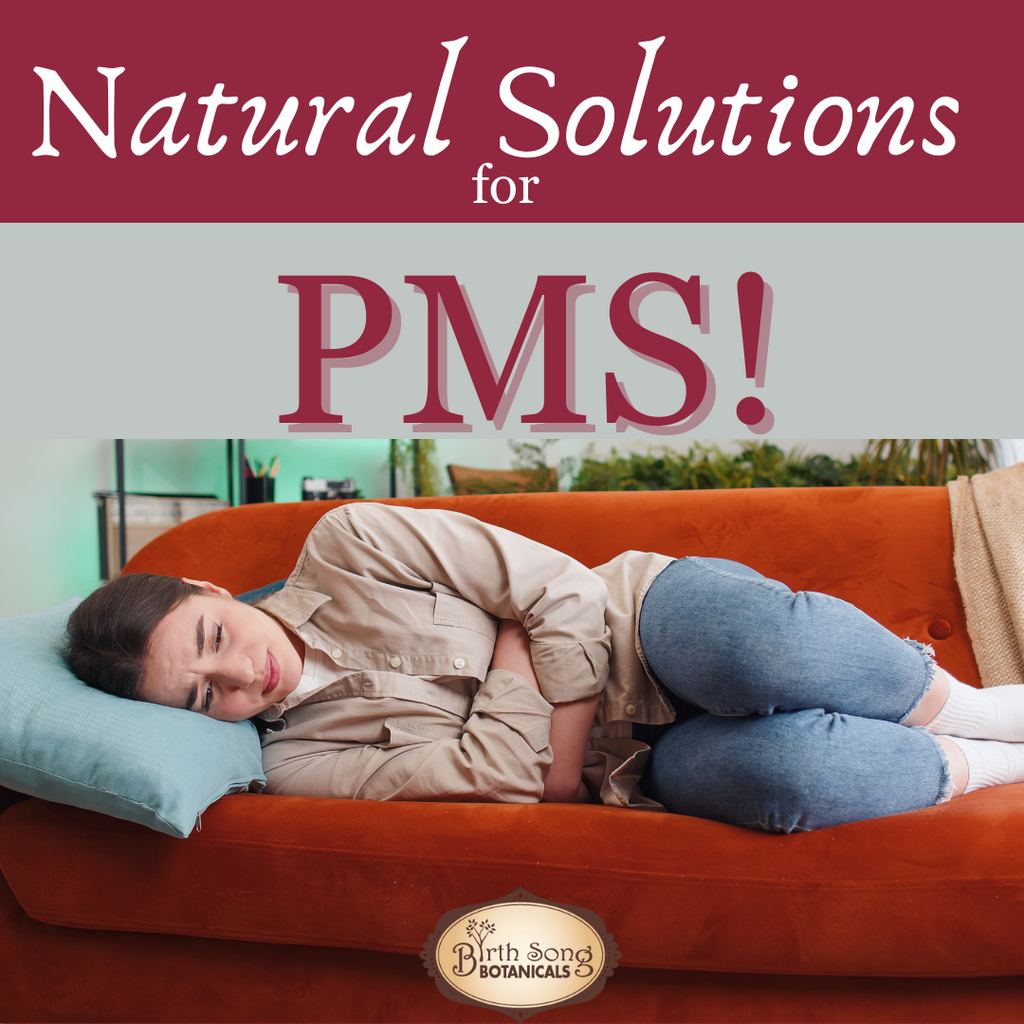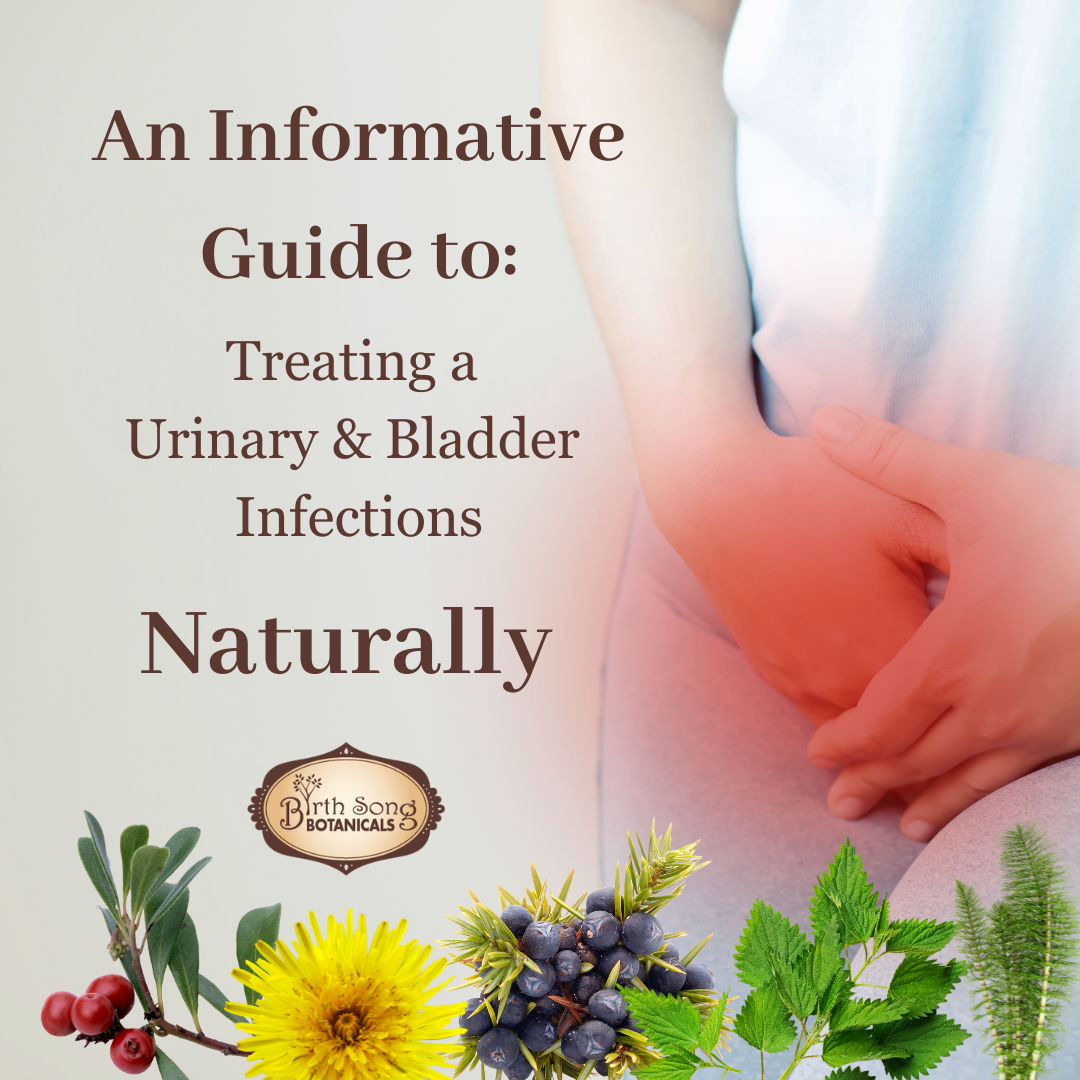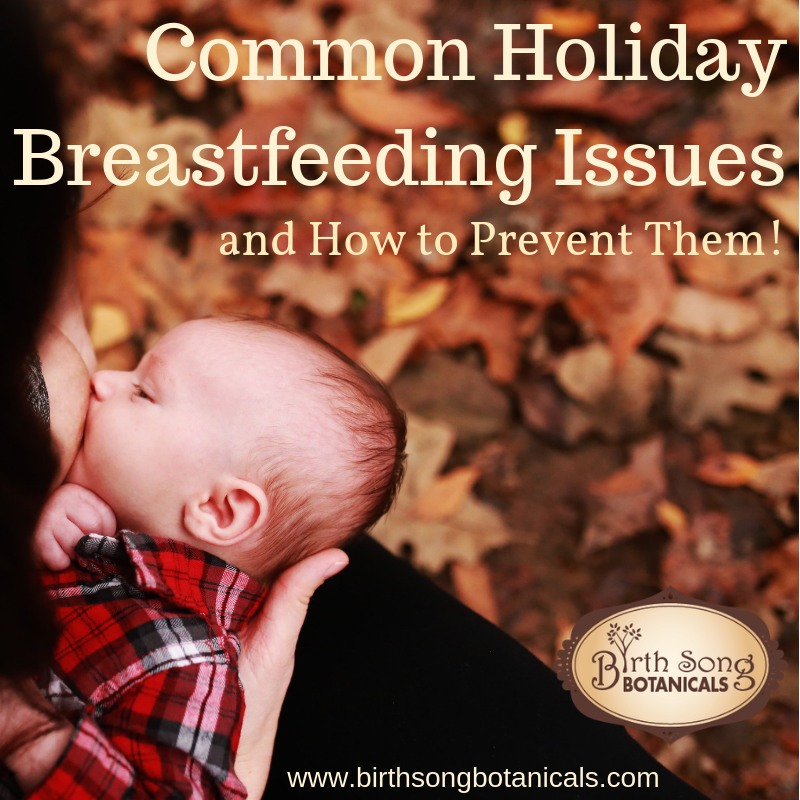Natural Solutions for PMS Symptoms

To the women of the world who seek natural solutions for PMS and wish to embrace your bodies as beautiful.
This is for you...
You are amazing! Your body is a remarkable and powerful vessel, capable of incredible things. PMS is a natural part of your body's rhythm, a reminder of your inherent connection to the cycles of life. Trust in your body and its wisdom; it knows what you need and has the strength to heal and balance itself.
Exploring natural solutions and herbal remedies are beautiful ways to honor your body and its needs. Embrace the power of nature's remedies and the gentle support they offer. Every step you take towards understanding and nurturing yourself is a step towards deeper self-love and empowerment.
Remember, you are not alone on this journey. Many women walk this path, seeking harmony and balance, and together, we can share knowledge, support, and strength. Celebrate your womanhood and all the nuances it brings. Your strength, resilience, and beauty shine through in every moment.
Trust in your body, listen to its signals, and treat yourself with the kindness and compassion you deserve. You are powerful, wise, and perfectly you.
And...
Having said that, let's face it. Women often experience a variety of complaints regarding their menstrual cycle.

Here are the top 15 complaints women have about their menstrual cycle.
1. Menstrual Cramps (Dysmenorrhea): Painful cramps in the lower abdomen, which can vary from mild to severe.
2. Heavy Bleeding (Menorrhagia): Excessive menstrual bleeding, which can lead to anemia and interfere with daily activities.
3. Irregular Periods: Inconsistent timing, duration, or flow of periods, which can be stressful and inconvenient.
4. Premenstrual Syndrome (PMS): A range of symptoms, including mood swings, bloating, breast tenderness, and fatigue occurring before the period starts.
5. Premenstrual Dysphoric Disorder (PMDD): A severe form of PMS with more intense emotional and physical symptoms that can significantly impact daily life.
6. Bloating: Feeling of fullness and swelling in the abdomen, often accompanied by water retention.
7. Breast Tenderness: Soreness or pain in the breasts, which can occur before or during the menstrual cycle.
8. Headaches or Migraines: Hormonal fluctuations can trigger headaches or migraines in some women.
9. Fatigue: Feeling unusually tired or exhausted, which can be due to hormonal changes or blood loss.
10. Mood Swings: Emotional fluctuations, including irritability, depression, and anxiety, often related to hormonal changes.
11. Acne: Hormonal changes can cause breakouts or worsen existing acne.
12. Digestive Issues: Some women experience diarrhea, constipation, or nausea during their period.
13. Back Pain: Pain in the lower back, which can accompany menstrual cramps.
14. Sleep Disturbances: Difficulty sleeping, often due to discomfort, pain, or hormonal changes.
15. Clotting: Passing of blood clots during menstruation, which can be concerning and uncomfortable.
Do you experience any of these?

As you know from visiting with your friends about your period each woman's experience and relationship with her menstrual cycle is unique, and symptoms can vary widely. Some women have mild or manageable symptoms and totally love their cycle, while others experience significant discomfort that affects their daily life and they dread their periods.
How do you feel about your menstrual cycle?
Whether you love or loathe your cycle, you will want to keep reading if you experience mild to severe PMS.
Today, we will explore Premenstrual Syndrome (PMS). From a holistic herbal perspective, we will examine the emotional, physical, and behavioral components and find practical and natural solutions that you can implement into your self-care and woman's health routines to harmonize your cycle.
What is PMS?
Let us begin by defining Premenstrual Syndrome (PMS). PMS is a combination of emotional, physical, and psychological symptoms that many women experience in the lead-up to their menstrual period. These symptoms can vary widely in type and severity from woman to woman and can change over time. These symptoms typically start a few days to a week before the onset of menstruation and resolve within the first few days of the menstrual period.
It's estimated that as many as 3 of every 4 menstruating women have experienced some form of premenstrual syndrome. Researchers think that PMS happens in the days after ovulation because estrogen and progesterone levels begin falling dramatically if you are not pregnant. (1)
Here is a list of the most common symptoms of PMS:
Emotional and Psychological Symptoms
1. Mood Swings: Rapid changes in mood, feeling happy one moment and irritable or tearful the next.
2. Irritability or Anger: Feeling more easily annoyed or upset than usual.
3. Depression: Feelings of sadness, hopelessness, or a lack of interest in daily activities.
4. Anxiety: Increased feelings of nervousness, tension, or worry.
5. Crying Spells: Unexplained bouts of crying or an increased tendency to cry.
6. Social Withdrawal: A desire to be alone or a lack of interest in social activities.
7. Poor Concentration: Difficulty focusing or concentrating on tasks.
8. Sleep Disturbances: Trouble falling asleep, staying asleep, or experiencing restless sleep.
9. Changes in Libido: An increase or decrease in sexual desire.
10. Food Cravings: An increased desire to eat sugary, fatty and salty foods.
Physical Symptoms of PMS
1. Bloating: Feeling of fullness and swelling in the abdomen, often due to water retention.
2. Breast Tenderness: Soreness, swelling, or tenderness in the breasts.
3. Headaches: Tension headaches or migraines that can be triggered by hormonal changes.
4. Fatigue: Unusual tiredness or a lack of energy.
5. Weight Gain: Temporary increase in weight due to water retention and bloating.
6. Appetite Changes: Increased hunger, food cravings (especially for sweets or salty foods), or a decreased appetite.
7. Digestive Issues: Symptoms such as constipation, diarrhea, or nausea.
8. Muscle or Joint Pain: Aches and pains in muscles or joints without a clear cause. Pain in the lower back, often accompanying other PMS symptoms.
9. Acne: Breakouts or worsening of existing acne.
Behavioral Symptoms of PMS
1. Forgetfulness: Increased tendency to forget things or feel absent-minded.
2. Clumsiness: Increased likelihood of dropping things or bumping into objects.
3. Changes in Sleep Patterns: Sleeping more or less than usual.
Severity and Duration
- Mild to Moderate PMS: Most women experience mild to moderate symptoms that do not significantly disrupt their daily lives.
- Severe PMS (PMDD): A small percentage of women experience more severe symptoms that can significantly interfere with daily activities and quality of life. This condition is known as Premenstrual Dysphoric Disorder (PMDD) and often requires medical treatment. Please seek a provider that you resonate with so you can get the support you need.
-
- Medications: Over-the-counter pain relievers (e.g., ibuprofen, acetaminophen) can help with physical symptoms. In some cases, doctors may prescribe hormonal treatments (e.g., birth control pills) or antidepressants for severe symptoms of PMDD.

A Holistic Perspective for Mild and Moderate PMS
From a holistic and herbal perspective, PMS is seen as a sign that the body is out of balance. The goal is to address the root cause of this imbalance rather than just treating the symptoms. This approach emphasizes supporting the body's natural processes and promoting overall health and well-being that can be addressed through natural remedies and life nourishing practices.
Here are some practical approaches and remedies used by wise women herbalists for centuries to manage PMS symptoms:
Take a look and see what adjustments serve you the most right now.
Dietary and Lifestyle Recommendations
- Balanced Diet: I know you know this already, yet I'm starting with the basics, which are all about nourishment. Emphasize whole, nutrient-dense foods, including plenty of fruits, vegetables, whole grains, nuts and seeds, lean proteins, probiotic and prebiotic foods, and healthy fats. Avoid processed foods, sugar, caffeine, and alcohol, which can exacerbate symptoms and lead to other problems like UTIs.
-
- Probiotic Foods that contain live cultures are also very beneficial. Eat plenty of yogurts, keifer, sauerkrout, miso, tempeh, kimchi, kombucha, and buttermilk, to name a few.
2. Hydration: Drink plenty of water to help reduce bloating and improve overall hydration. Take your weight and divide it by two; that is the number of oz you should drink daily.
3. Regular Exercise: Encourage regular physical activity, such as qigong for women, yoga, walking, or swimming, to help reduce stress and improve mood.
4. Stress Management: Incorporate relaxation techniques like womb and ovarian breathing, pelvic bowl meditations, body blessings, silent meditation, deep breathing, and mindfulness to help manage stress levels. Also consider taking herbal baths and yoni steams for PMS symptoms.
5. Sleep Hygiene: Promote good sleep habits to ensure adequate restoration and recovery.
6. Clean Menstrual products: These days, it's easier and easier to find menstrual care products free of bleach, pesticides, and toxic chemicals, including organic, unbleached tampons and pads made by Seventh Generation and Natracare, reusable cloth pads, some period underwear, and silicon and natural rubber cups (like DivaCup and the Keeper).
Classic Herbal Remedies for PMS
As an herbalist I'd love to share with you a little bit a few herbs that really make a difference in your menstrual and overall health as a woman.

1. Chaste Tree Berry (Vitex agnus-castus): Often used to balance hormones and alleviate symptoms such as mood swings, breast tenderness, and irritability.
2. Dong Quai (Angelica sinensis): Known as a "female tonic," it is used to support hormonal balance and reduce menstrual cramps.

3. Evening Primrose Oil: Contains gamma-linolenic acid (GLA), which can help reduce breast tenderness and mood swings.
4. Black Cohosh (Actaea racemosa): Used to relieve menstrual cramps, mood swings, insomnia, body aches, and hot flashes.
5. Red Raspberry Leaf: Known for its uterine-toning properties because of how nutrient-dense it is. It can help regulate menstrual cycles, reduce cramps, and support your womb health your entire life, from your first period to your last period. We blend red raspberry leaf into our Yoni steams, Woman's Balance Herbal Tea, Moon Cycle Tea, Cycle Relief and our Menstrual Harmony Tincture because it is that important!
6. Ginger: Is warming and stimulating herbalist use it to alleviate nausea, improve digestion and reduce menstrual cramps. Ginger is supportive in its own right and we blend ginger with other herbs to improve your bodies ability to absorb the other herbs in the formula. Ginger is in our Cycle Relief and our Stomach Soother Digestive Aid.
7. St. John's Wort (Hypericum perforatum): Sometimes used to alleviate mood swings and mild depression. If you are struggling to connect joyfully with your cycle check out our Joyful Journey Tincture.
8. Chamomile: Is high in calcium. The "Grandmother Herb" is known for its calming effects, which include reducing anxiety, improving sleep, and relaxing muscle cramps. We blend chamomile into our Cycle Relief Tincture, Yoni Steams, and our Moon Cycle Tea.
9. Motherwort (Leonurus Cardiaca): Known in Japan as an "Herb of Life" Motherwort aids in longevity and cheering the mind. It is calming without being overly sedating, Motherwort eases uterine and other muscle spasms associated with your cycle or postpartum cramping, and helps to regulate menstruation and symptoms of PMS.
10. Mugwort (Artemisia Vulgaris)- Named after the Greek Goddess Artemis for its benefits to the female body, Mugwort is a uterine tonic that offers support during many stages of womanhood, whether easing cramping or increasing flow during menstruation or relieving symptoms of PMS or menopause.

11. Shatavari- Shatavari is known to improve PMS symptoms and boost libido during postpartum, breastfeeding, menopause, and perimenopause. Shatavari, renowned for its natural aphrodisiac properties, supports women's health at every stage of life.

Nutritional Supplements for PMS
Women really do benefit from taking a whole food-based multivitamin. This is one of the easiest ways to take good care of yourself. Also, consider taking these other supplements:
1. Magnesium: Can help reduce muscle cramps, headaches, and mood swings.
2. Vitamin B6: Known to alleviate symptoms like mood swings, irritability, and bloating.
3. Calcium: May help reduce the severity of PMS symptoms, including mood swings and cramps.
4. Omega-3 Fatty Acids: Found in fish oil, they can help reduce inflammation and improve mood.
Other Holistic Practices to Consider
1. Acupuncture: Can help balance the body's energy and reduce PMS symptoms such as pain, stress, and hormonal imbalances.
2. Aromatherapy: Essential oils like lavender, clary sage, and geranium can be used to reduce stress, improve mood, and alleviate cramps.
3. Massage Therapy: Regular massage can help reduce muscle tension, improve circulation, and reduce stress.

I hope you found this helpful and empowering as you continue learning more about taking the best care of yourself, your menstrual cycle, and your female body.
It's important to note that while many women find relief through herbal and holistic remedies, yet, if you are not seeing the results of your efforts then please consult with a healthcare provider, especially if there are underlying health conditions or if other medications are being taken.
Cheers to your next healthy cycle,
Hugs and deep bows of gratitude to you and your journey,
Maria
🌿
Want more? Check these out!
Herbal Products for PMS:
Blog Posts:
- 7 Common Causes of Period Spotting
- How to Enjoy Your Period
- Four Ways to Increase Fertility Naturally
- Herbal Remedies for Heavy Period Bleeding in Perimenopause
- When Will My Menstrual Cycle Return After Having a Baby
- What You Should Know About PCOS
- Tracking Your Cycle: With The Fertility Awareness Method
- How to Plan or Prevent Pregnancy
- Menstrual Cycle Syncing with Moon Phases, Herbs and Qigong
- Harnessing the Power of Mugwort and the Moon
- Balancing Hormones with Seed Cycling
- The Incredible Benefits of Shatavari for Women’s Health
- Yoni Steam- The Sacred Origin, The Herbs, and How To Steam
- Womb Food Eat These Four Foods To Improve Your Uterine Health
- Natural Remedies for Bacterial Vaginosis BV
- Black Cohosh for Hot Flashes in Menopause
- Natural Ways to Boost Testosterone In Women During Perimenopause and Menopause
- Botanica Erotica: Exploring Sensuality and Aphrodisiac Herbs
- Treating a Urinary or Bladder Infection Naturally: An Informative Guide
- A Woman's Guide to Uterine Fibroids
- Herbs for Hot Flashes in Menopause
- St. John's Wort: For First Aid, Nerve Pain, and Mood Support
Remember to:
Like our Birth Song Botanicals Facebook Page
Follow Birth Song Botanicals Co. on Instagram
Read our Birth Song Botanicals Blog
Watch Birth Song Botanicals on Youtube
Listen to Birth Song Botanicals on SoundCloud
Be inspired by Birth Song Botanicals on Pinterest











